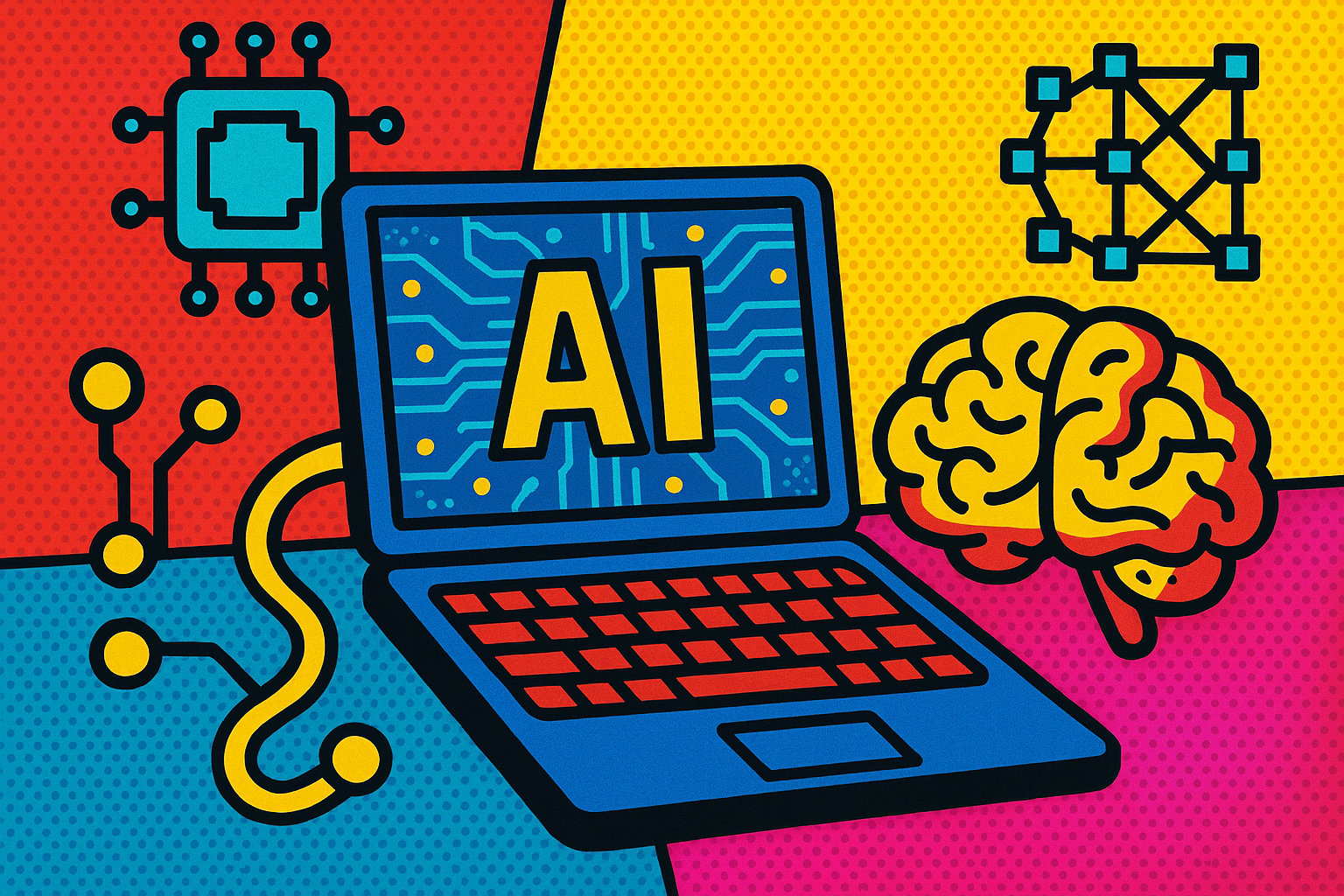
Imagine this: You skim a few case summaries, glance at a flowchart, and somehow, you start to “get it.” You haven’t memorized every rule, but you understand how they work together. That moment of clarity? That’s the uniquely human ability to synthesize and apply complex ideas from limited data. Artificial intelligence can’t do that. Not yet, and maybe not for a long time.
As a candidate preparing for the Ontario licensing exams, you’re likely hearing a lot about AI these days. It can summarize cases, do legal research, and even pass the bar exam in some cases. So, it’s natural to wonder: If AI can pass the bar, why can’t it teach me to do the same?
Let’s unpack that.
What AI Is Good At
AI excels at tasks that involve identifying patterns in large amounts of structured data. When you feed it thousands of contracts, it can tell you which ones contain a force majeure clause. When you ask it to summarize a long decision, it can give you the gist, faster than you could scroll to the dissent. That’s impressive—and useful.
But these tasks are, at their core, surface-level cognition. They're about filtering, rephrasing, and spotting patterns, not deep understanding. AI isn’t building a mental model of the law. It’s assembling puzzle pieces based on probability. It is synthesizing information in a concise and efficient way, but it is not teaching it or causing you to understand it.
What Humans Do Differently
You, on the other hand, are doing something far more powerful. When you encounter a new legal concept, you’re not just storing it you’re connecting it to prior knowledge, testing it against hypotheticals, and building a conceptual framework. You’re learning how and when to apply it, especially when there’s ambiguity or conflicting precedent. You are learning fundamentals and how they work in relation to specific facts and fact patterns.
Here’s the kicker: humans can do this with very little data. You don’t need 10,000 negligence cases to understand duty of care. You might just need a well-written paragraph and a classroom discussion. That’s our approach at Emond Exam Prep. Our instructors help you understand fundamentals and principles in a concise and effective manner. Our practice exams help your brain learn to fill in the gaps using judgment, context, and analogy. That’s something current AI systems simply can’t replicate. We call this real intelligence, and that’s what sets Emond Exam Prep apart from AI.
Why AI Falls Short in Teaching
AI systems learn best from enormous datasets: millions of examples of clear, repetitive patterns. But legal reasoning doesn’t work that way.
Much of what makes legal thinking complex is its lack of clear answers. Precedents conflict. Statutes get interpreted in wildly different ways. Real-world hypotheticals twist the rule just enough to demand flexible thinking.
That’s the gap. AI can pass traditional multiple-choice exams because those are built on repeatable, testable content. But it cannot teach you how to resolve ambiguity, exercise judgment, or think through legal strategy in the way necessary for the complex fact-driven questions of the Ontario licensing examination. And those are precisely the skills you need to succeed. Not only on the bar exam, but in legal practice.
Why This Matters for You
As you prepare for the licensing exams, it's tempting to lean on tools that promise shortcuts. And make no mistake: AI is a helpful tool. It can summarize, organize, and even quiz you. But it cannot do the one thing you absolutely need: help you understand.
Real learning (especially at this level) means doing the hard work of thinking. It means wrestling with nuance, making connections, and refining your understanding. Don’t confuse the tool with the teacher.
Final Thought
AI is reshaping the legal profession, and it will continue to transform how we work. But when it comes to learning the law, the human mind still holds the edge, especially in mastering complex, judgment-based skills.
That’s why Emond Exam Prep focuses on teaching you how to think, not just what to memorize. We don’t offer shortcuts; we offer structure, clarity, and true understanding. Because in law—and in learning—understanding still starts with you.